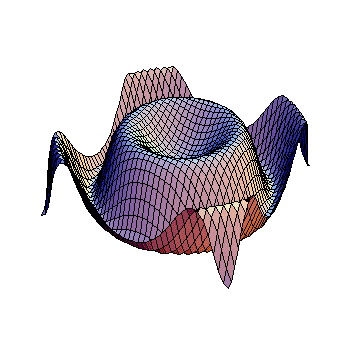Question #f3b71
1 Answer
Mostly because of history.
Explanation:
Carbonates in general I believe are considered inorganic - instead of organometalloids - because the crystals in general make specific ores like limestone, aragonite, chalk, marble, etc.
To be fair, most defitions are a bit drawn in the sand.
They used to say that it needs to be made (and only made) by lifeforms, but
The C-H rule, exclude urea and oxalic acid, which are important to biological function and were key compounds in the vitalism (previous paragraph) debate.
The C-C compound exclude methane, formaldehyde and other single-carbon compounds.

